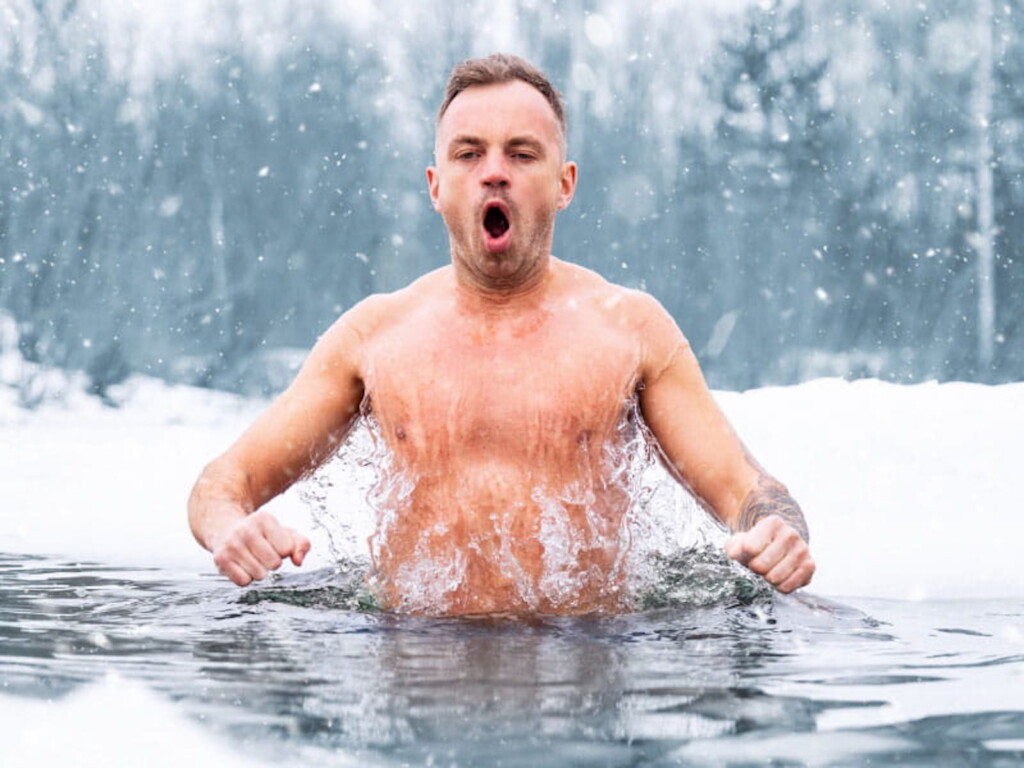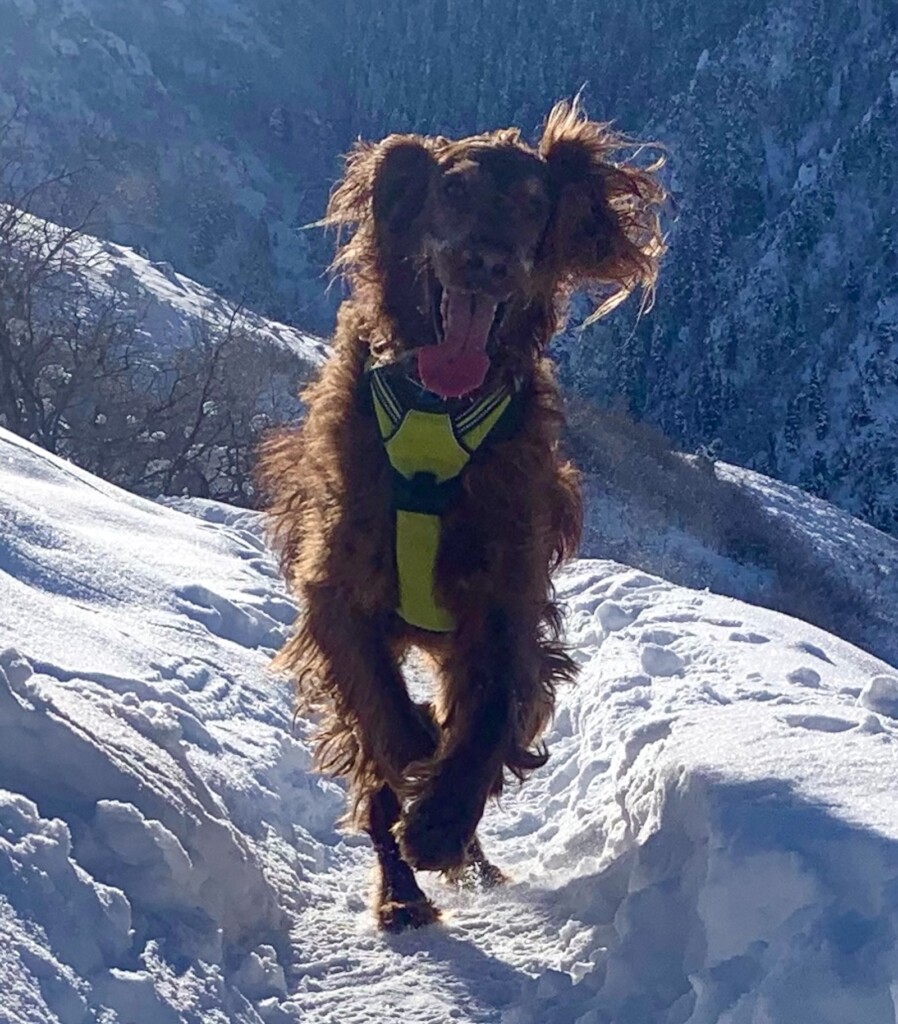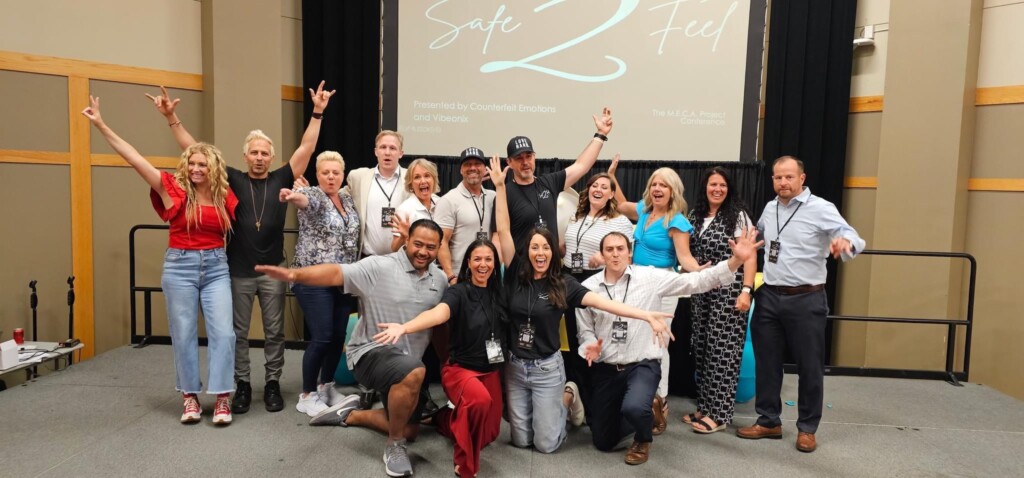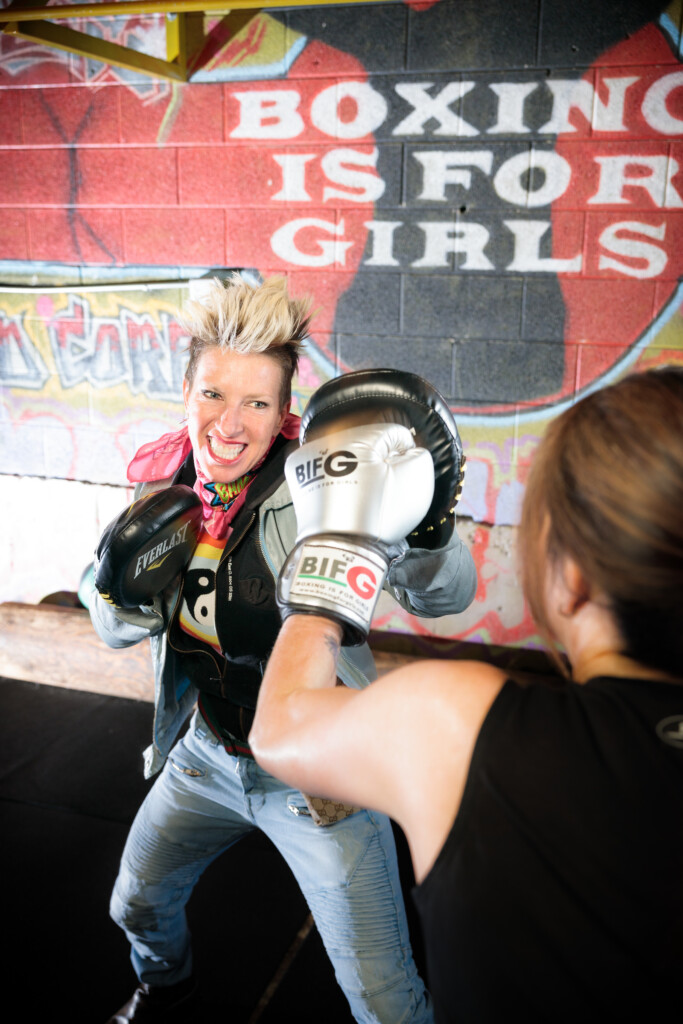I’ll try almost anything natural to beat the afternoon slump. Seven days a week at around 3:00pm, like clockwork, my eyes grow tired and my body starts to slow down. It could be the two large French press coffees I make for myself in the morning, but I’ll try my taper-off another day.
A friend shared his take with me on how he beats the slump.
“Cold water. If you do dips regularly, it will change your energy,” he told me at brunch one morning.
All over TikTok and Instagram, influencers are filling their bathtubs with ice and jumping in. But does this practice really have health benefits? Will it keep my face from hitting the keyboard every afternoon as the emails keep rolling in?
It turns out the jury is still on ice about bathing indoors, but there are some real benefits that come with jumping into cold water, especially if you do it in a natural environment. According to a Finnish study on the effects of swimming in the ocean in the winter, over time, taking cold plunges can alter happiness and energy levels.
“Participants who take part in winter sea bathing feel a heightened sense of understanding their health versus those who don’t,” the study said, saying participants also “saw small reductions in negative mood, a heightened sense of well-being and increases in positive mood.”
One major point the study made was that just one cold plunge may not change your outlook. Instead, participants started seeing results after four weeks of continuously diving into the cold at least four times during the week. In another study, more than 50 German adults saw a reduction in inflammation and stress while cold plunging, but they too, did it multiple times per week.
After reading these studies and doing some more research, I decided to try some plunges to see how it felt. Standing at the edge of Pineview Reservoir, the crisp water lapped at my toes, and the air was even crisper.
The mountain air is cold at night, but the water still feels warm — warmer than the 50-60 degrees recommended by cold plunge experts. Still, I jump in and instantly lose my breath. My muscles tighten, then loosen, as I get used to the water. I don’t think it’s cold enough.
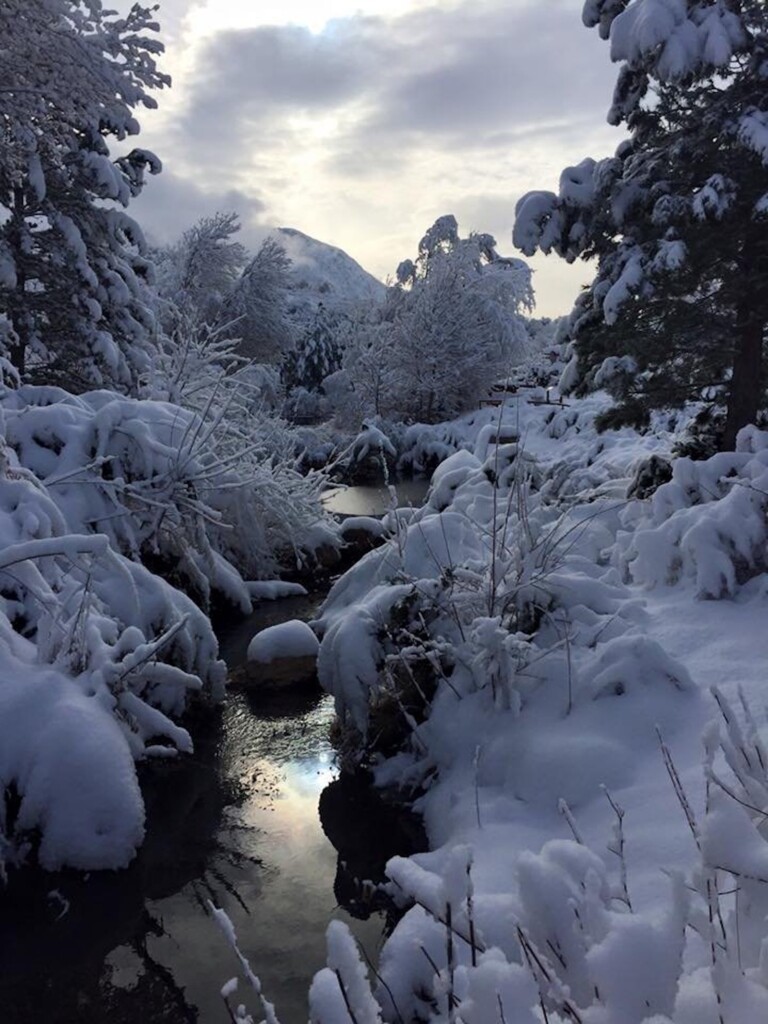
While studies are still being conducted on plunges specifically, there is a large body of evidence showing that mindful moments in nature are also very good for you. Chris Newton is a certified forest bather and owner of River of Light Forest Bathing. He teaches courses at Red Butte Garden.
“Spending time in nature as a wellness practice is an effective way to manage depression and stress and build a healthy life balance,” Newton said. “When people are connected to nature, the benefits are not confined to humans, but work for the health and well-being of the entire biosphere.”
In search of colder temps, I headed to Snowbasin Resort, looking for a river or spring to dip into. (When you venture out, be sure to not disturb any natural environments or watersheds).
I came across a stream near the trail I was walking on, and found a part that was deep enough to submerge my body in. The water here is cold. Really cold. Obviously, the snow and runoff is keeping things chilly at higher elevations.
I slowly immersed myself into the icy water, instantly losing my breath again, this time much longer than before. After a few minutes, a family of hikers walked by. One of the younger members noticed me and looked confused.
“What are you doing in the water?” the kid yelled.
“Cold plunging. It’s supposed to give you more energy,” I replied.
“I bet it does!” the kid said. “You won’t fall asleep ‘cuz you’re shivering so hard!”
Sounds logical to me!
Feature image Kaspars Grinvalds | Shutterstock.

